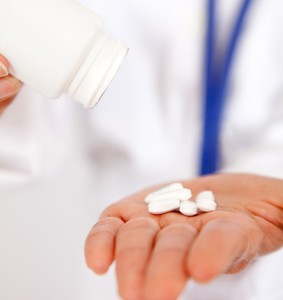A strong body of evidence supports that our digestive microbiota, the microbial colony that inhabits your digestive tract, delivers important messages that regulate your insulin resistance or insulin sensitivity. This study from Denmark helped answer the question of whether this is mere association or whether the data implies some causative action from frequent antibiotic use.
Anecdotal as it is, I have seen more than a handful of clients over the years who developed type 2 diabetes following long and complicated antibiotic treatment for presumptive or positive lyme disease. These Lyme antibiotic protocols are for three to twelve months and can involve two or even three antibiotics during treatment. The type 2 diabetes onset is typically within the following year in my experience.
Is it the disruption of gastrointestinal bacteria? Is it the well-documented protein catabolism or tissue breakdown that occurs from the antibiotic use? I also realize that the infection itself is no innocent bystander to the destructive process.
Either way – taking prudent steps to limit and avoid antibiotic usage whenever possible is an important first step toward assuring you continue on a path toward insulin and metabolic health. And if you have required extended antibiotics – take a few steps to check for insulin resistance several time in the next year. You can simply run the Progress Panel for yourself – Get the Blood Code Discovery or Progress Panel to find answers.




Comments are closed.